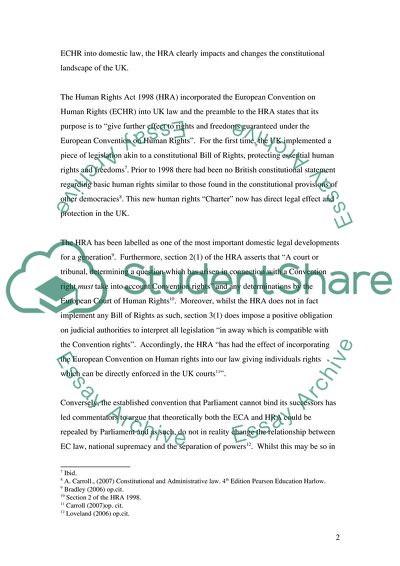Cite this document
(Impact the Human Rights Act 1988 Has Had in Relation to the UK Coursework, n.d.)
Impact the Human Rights Act 1988 Has Had in Relation to the UK Coursework. Retrieved from https://studentshare.org/law/1718595-critically-assess-what-impact-the-human-rights-act-1998-has-had-in-relation-to-the-uk-constitution
Impact the Human Rights Act 1988 Has Had in Relation to the UK Coursework. Retrieved from https://studentshare.org/law/1718595-critically-assess-what-impact-the-human-rights-act-1998-has-had-in-relation-to-the-uk-constitution
(Impact the Human Rights Act 1988 Has Had in Relation to the UK Coursework)
Impact the Human Rights Act 1988 Has Had in Relation to the UK Coursework. https://studentshare.org/law/1718595-critically-assess-what-impact-the-human-rights-act-1998-has-had-in-relation-to-the-uk-constitution.
Impact the Human Rights Act 1988 Has Had in Relation to the UK Coursework. https://studentshare.org/law/1718595-critically-assess-what-impact-the-human-rights-act-1998-has-had-in-relation-to-the-uk-constitution.
“Impact the Human Rights Act 1988 Has Had in Relation to the UK Coursework”. https://studentshare.org/law/1718595-critically-assess-what-impact-the-human-rights-act-1998-has-had-in-relation-to-the-uk-constitution.


